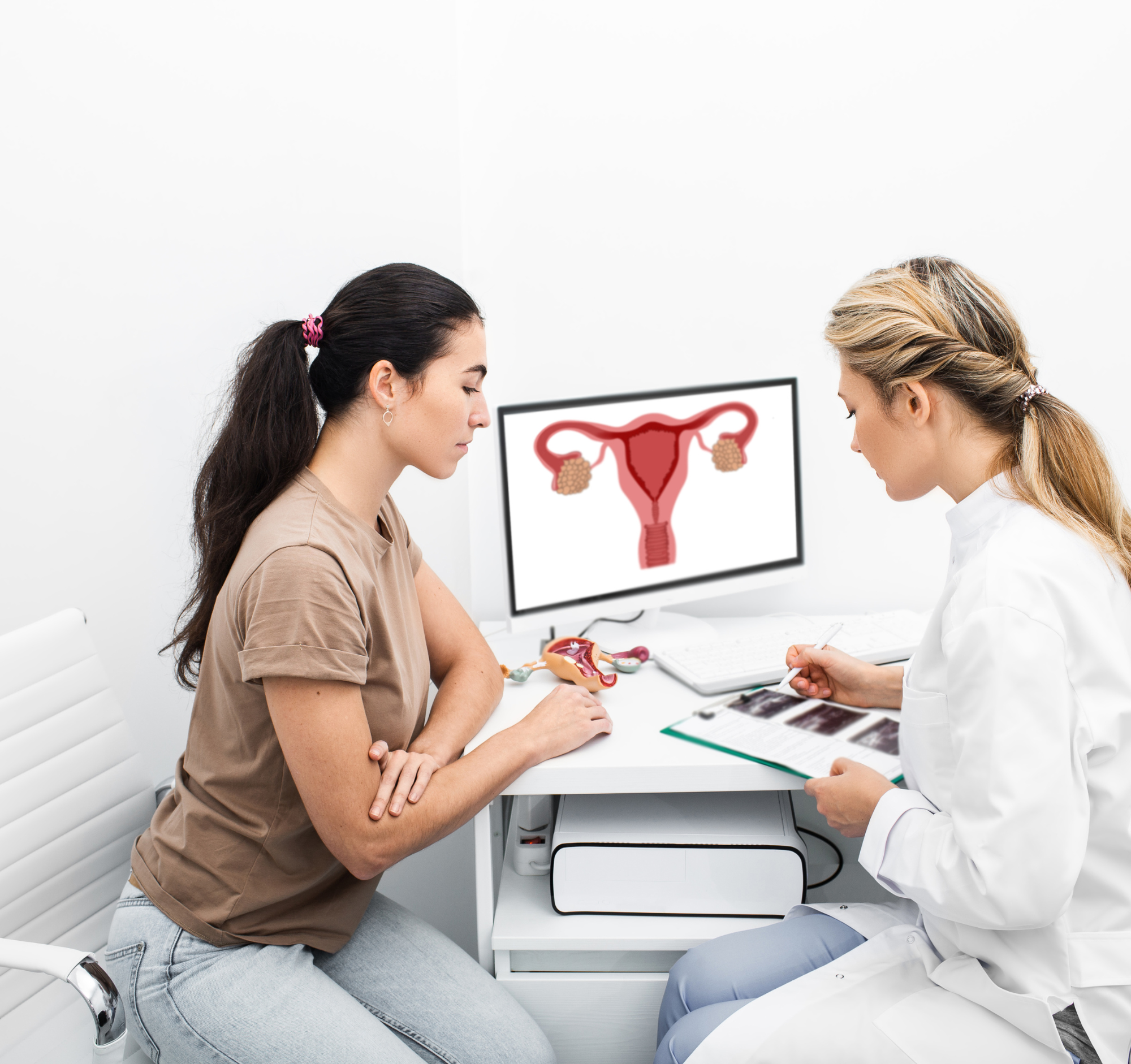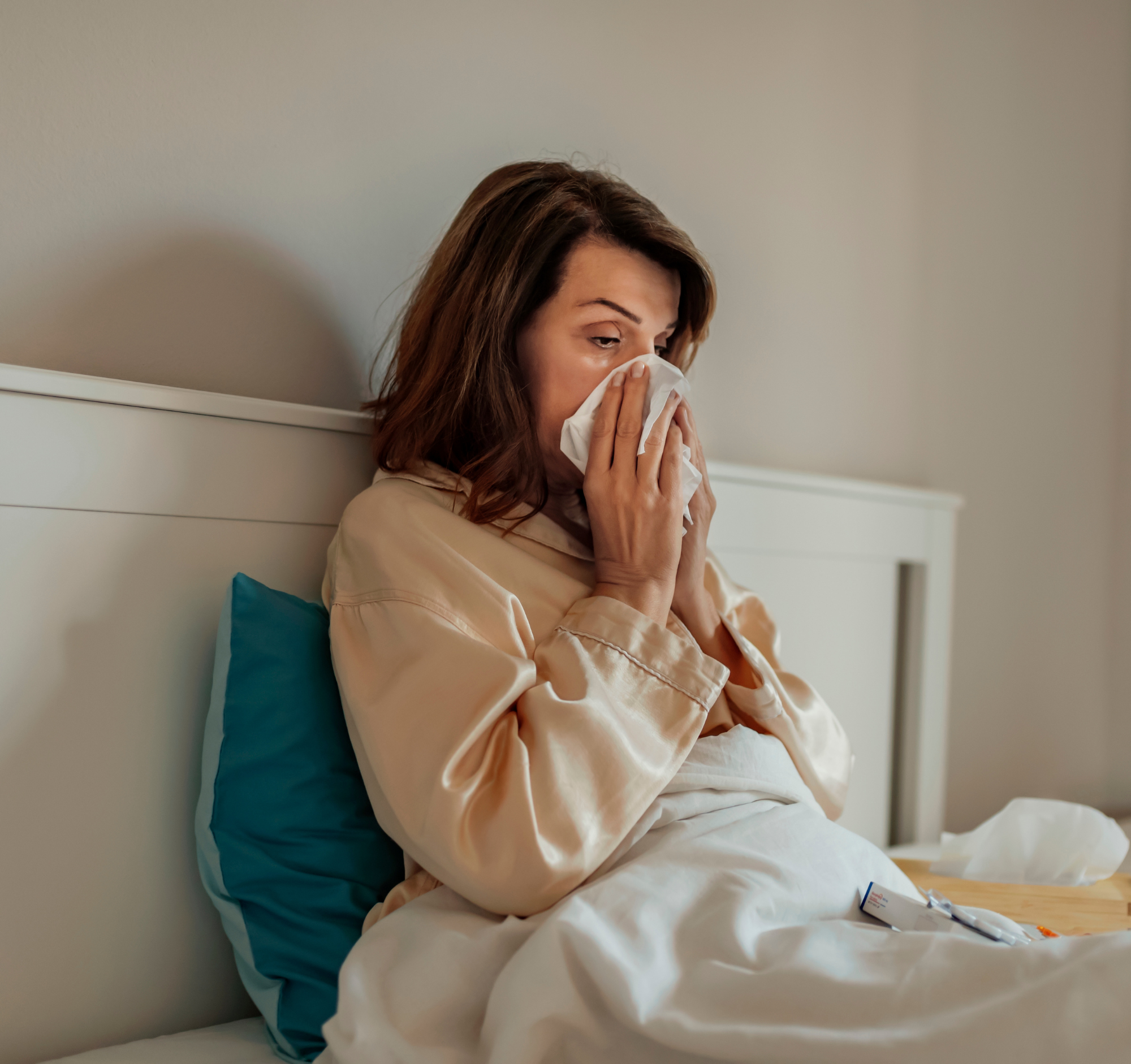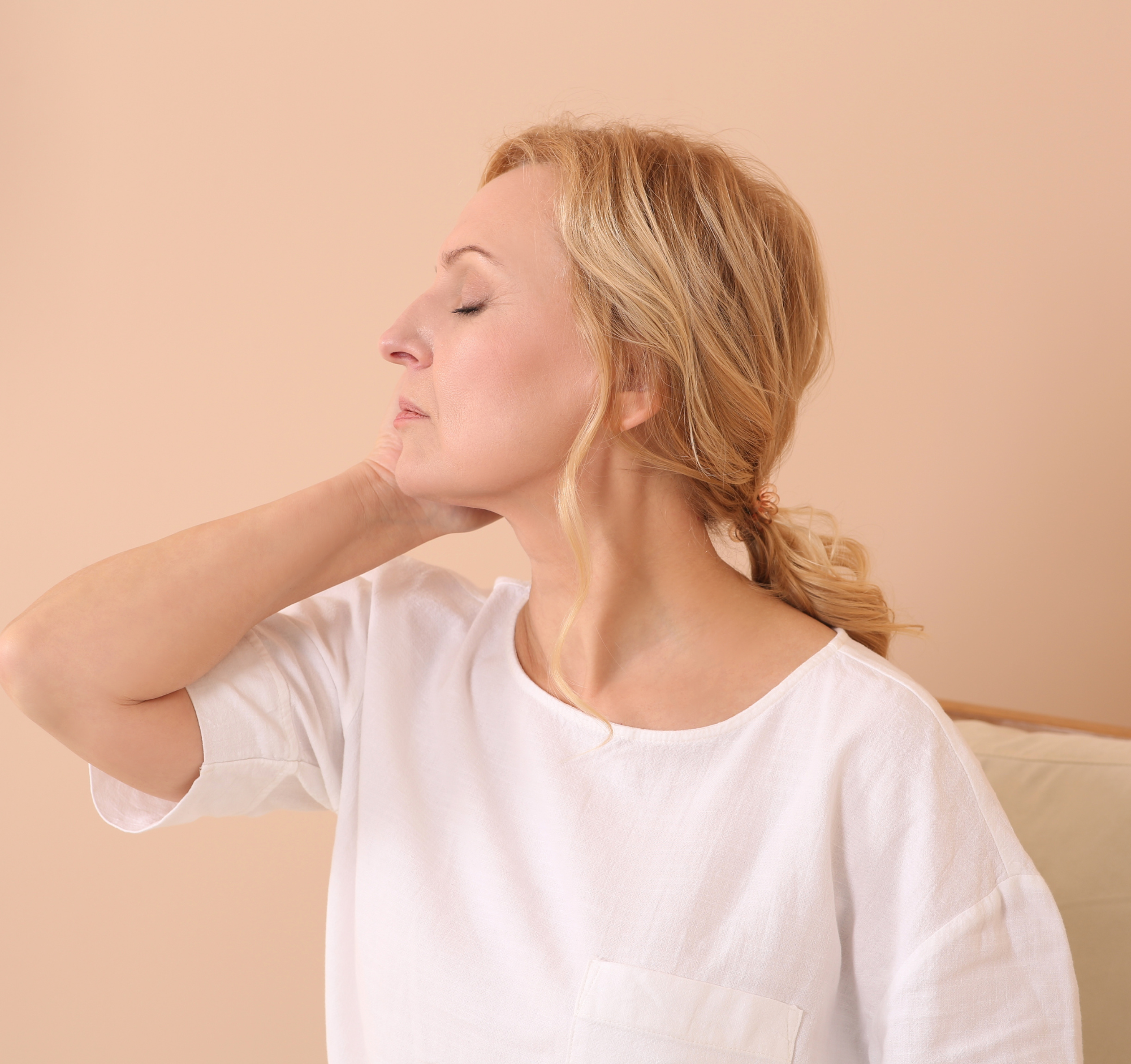

The following information has been shared with us by Dr Corrine Fletcher, a GP and menopause specialist. Whilst not an MCAS specialist, Dr Fletcher’s interest in MCAS began when she started to notice varying responses to Hormone Replacement Therapy (HRT) in her perimenopausal patients.
Some improved with standard HRT and lifestyle advice, while others experienced worsening symptoms. This observation led Dr Fletcher to explore further and eventually understand the role of histamine intolerance and MCAS in these cases.
You can read more about Dr Fletcher here.

Hormones and MCAS
The connection between hormones and MCAS is under-researched. It has been reported that more women than men have MCAS, and many women experience symptoms particularly around hormonal changes, such as puberty and perimenopause.
These times involve significant hormonal fluctuations, which seem to trigger or exacerbate MCAS symptoms.

Hormonal Changes and Immune Response
During perimenopause, there are significant changes in hormone levels. In the early stages, progesterone levels drop, which affects the body’s ability to calm mast cells.
High oestrogen spikes can trigger mast cells to release various active substances, including histamine and inflammatory mediators. These fluctuations can lead to increased histamine levels and worsen MCAS symptoms, impacting various bodily systems and overall well-being.

Symptoms and Diagnosis
There is a significant overlap between the symptoms of perimenopause and MCAS, suggesting a common underlying process. Some women experience allergy-type symptoms or asthma flare-ups at certain points in their cycle, indicating a hormone-immune system interaction.
Proper diagnosis is crucial for effective treatment.

Treatment Approach
Treating those with MCAS and perimenopausal symptoms can involve a careful and strategic approach.
Introducing HRT gradually, sometimes starting with progesterone alone, can help manage symptoms. Using antihistamines and mast cell stabilisers alongside HRT can be beneficial. Working with a dietitian or nutritionist is important to maintain a broad and healthy diet. Supplements and probiotics can also aid gut health.

Importance of Nervous System Support
Supporting the nervous system is as crucial as managing hormone levels. Techniques to promote calm and reduce stress, such as breathwork, gratitude practice, and ensuring regular breaks, can significantly impact MCAS symptoms.
Reducing stress helps shift the body away from a fight/flight state, which exacerbates histamine release and inflammatory responses.

The Role of Neuroplasticity
Recent developments in neuroplasticity show that adults can still create new neural pathways, a capability previously thought limited to children.
This ability can help manage and potentially alleviate MCAS symptoms, offering a promising avenue for treatment and symptom relief.

Understanding and treating MCAS, especially in the context of hormonal changes like perimenopause, requires a multifaceted approach. Combining HRT, lifestyle modifications, diet, and nervous system support can lead to significant improvements in the quality of life of those affected. However, it is very important that you discuss all possible options with a healthcare professional before starting or stopping any new medications. Continued research and awareness are vital to better understand the links between hormones and MCAS, ensuring effective treatment for those living with MCAS.
We have put together the following FAQ section to help answer some of your questions.
Overactive Bladder and Perimenopause/MCAS
Q: Can overactive bladder be related to perimenopause or MCAS?
A: Yes, overactive bladder is a common symptom of perimenopause due to hormone changes. Vaginal oestrogen can help. MCAS and interstitial cystitis can also cause urinary symptoms, so seeing a specialist may be beneficial.
Q: How can I distinguish perimenopause symptoms from MCAS?
A: Keep a symptom diary to identify patterns. Symptoms may worsen or change with perimenopause. Consult a specialist who understands both conditions.
Hormone Replacement Therapy (HRT) and MCAS
Q: Is testosterone helpful for MCAS compared to HRT?
A: Testosterone can be transformative for some but may cause flares in others. Trial it cautiously with a low starting dose, increasing gradually.
Q: What if I can't tolerate progesterone or oestrogen?
A: Explore different doses, products, and administration routes of HRT. Consider progesterone creams with caution due to variable absorption. Consult a specialist for personalised advice.
Progesterone and MCAS
Q: Is natural progesterone beneficial for MCAS?
A: Natural progesterone can be beneficial and is different from synthetic versions, which some people with MCAS are sensitive to. It can help stabilise mast cells.
Q: Is higher-dose progesterone beneficial for MCAS?
A: Higher doses can help some individuals. It's best to tailor the approach individually, as some may tolerate higher doses better than others.
Testosterone and Menopause
Q: Is testosterone relevant for women in menopause?
A: Testosterone levels drop in women starting in their late twenties. While there's limited research, it can help some women during menopause.
Q: Does mood improve after menopause when oestrogen levels drop?
A: It varies. Some feel better post-menopause, especially with HRT, which helps stabilise hormone levels and mood.
Oestrogen and Hormonal Imbalance
Q: Is oestrogen dominance a recognised condition?
A: The term isn't recognised by the British Menopause Society but relates to lower progesterone levels compared to oestrogen. Symptoms can arise from both high and low oestrogen levels during perimenopause.
Q: Is there a link between PCOS, excess oestrogen, and MCAS?
A: More research is needed to confirm any direct link.
Progesterone and HRT Products
Q: Is Utrogestan a natural progesterone?
A: Yes, Utrogestan is a natural progesterone licensed for HRT. Other natural progesterones are used in fertility treatments and may be better tolerated by some individuals.
Q: Will stopping HRT cause an MCAS flare post-menopause?
A: It's possible but not certain. Gradual reduction of HRT and focusing on self-care can help mitigate flares. Annual reviews with your doctor are recommended.
Puberty and Hormonal Imbalance
Q: What can help with puberty-related hormone imbalances and period issues?
A: The contraceptive pill is often prescribed, but exploring nutrition and lifestyle changes holistically is beneficial. Consult a specialist for personalised advice.
Q: Is severe weakness before periods normal for MCAS?
A: Symptoms often worsen before periods, fitting hormonal patterns. Seek medical support to review and manage these symptoms.
Gynaecology and MCAS
Q: How should I approach a new gynaecologist about MCAS?
A: Write a brief history and symptom diary to show hormonal patterns. Bring informative resources about MCAS to help the gynaecologist understand your condition.
Q: What advice is there for removing a Mirena IUD if you have MCAS?
A: Mirena can help manage hormone fluctuations. If removal is necessary, optimise other health aspects first and approach the change carefully.
Perimenopause and Long Covid
Q: Can Long Covid trigger perimenopause?
A: There is still limited research into this. Long Covid can affect hormone production and exacerbate perimenopausal symptoms, potentially bringing it forward. Changes in cycles often normalise over time.
Become a friend
Sign up to become a Friend of Mast Cell Action so we can keep you up to date on our progress and on how to get involved in our latest campaigns and initiatives.
Donate
Mast Cell Action relies entirely on the generosity of people like you. Please make a donation now and together we can make a difference to those affected by MCAS.







